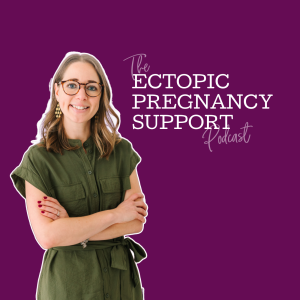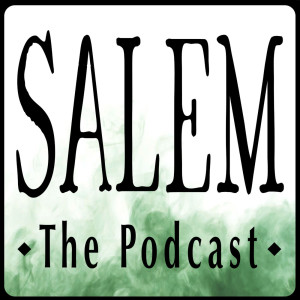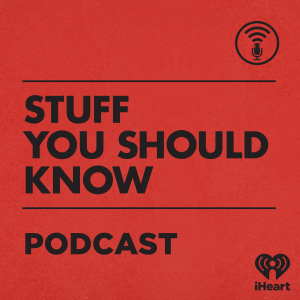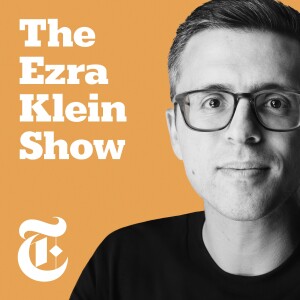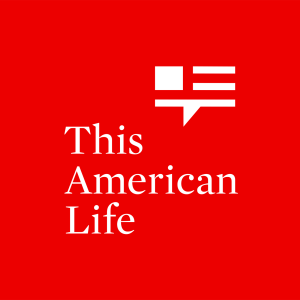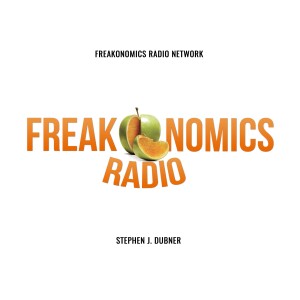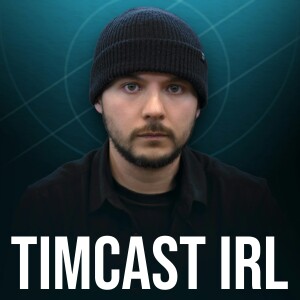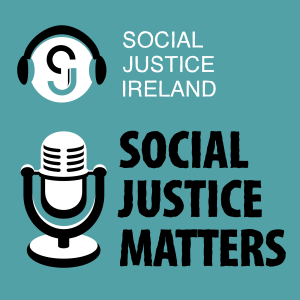

144. SJI Interviews Ep.89: Fake News and Conspiracies with Dr. Daniel Jolley
Alternative facts, fake news and conspiracies - why does there seem to be more of it about? What's the difference between mis-information and dis-information? Are there reasons some of us are more likely to believe the hype than others? And when it comes to dangerous dis-information - what can policymakers do to combat it?
In this week's episode, Colette Bennett chats with Dr. Daniel Jolley, an Assistant Professor in Social Psychology at the University of Nottingham. Daniel has spent his career looking at the psychology of conspiracy theories, a topic that has gained prominence in recent years.
If you would like to know more about Daniel and his work, check out is website www.danieljolley.co.uk.
To try the Conspiracy Generator mentioned by Daniel, and to see just how easy it is to generate a conspiracy, check out this website by Professor Karen Douglas: Conspiracy generator demonstrates how easily conspiracy theories originate - News Centre - University of Kent
More Episodes
All Episodes>>Create Your Podcast In Minutes
- Full-featured podcast site
- Unlimited storage and bandwidth
- Comprehensive podcast stats
- Distribute to Apple Podcasts, Spotify, and more
- Make money with your podcast


